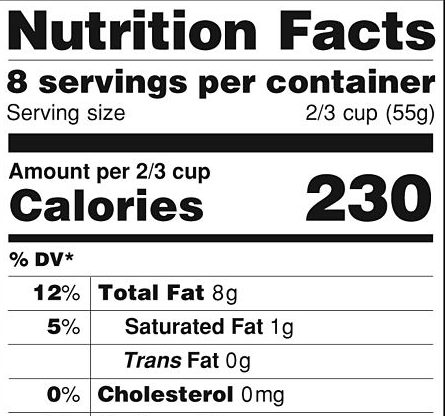Sugar is the New Fat. The “Sugar Conspiracy” and its Essentialist Vision of the Natural Body

In 1972 John Yudkin, a physiologist, nutritionist and founding member of the Department of Nutrition at the Queen Elisabeth College in London, published a book called “Pure, White and Deadly – The new facts about the sugar you eat as a cause of heart disease, diabetes and other killers.” Since the late 1950s, Yudkin’s research had pointed to a connection between coronary thrombosis and sugar consumption, and he had argued against common ideas of fat causing obesity and problems like coronary heart disease. However, Yudkin could not make himself heard against the powerful voice of the sugar industry and of other scientific evidence pointing the finger at another suspect, so that Yudkin’s ideas vanished and “low fat became the new…



